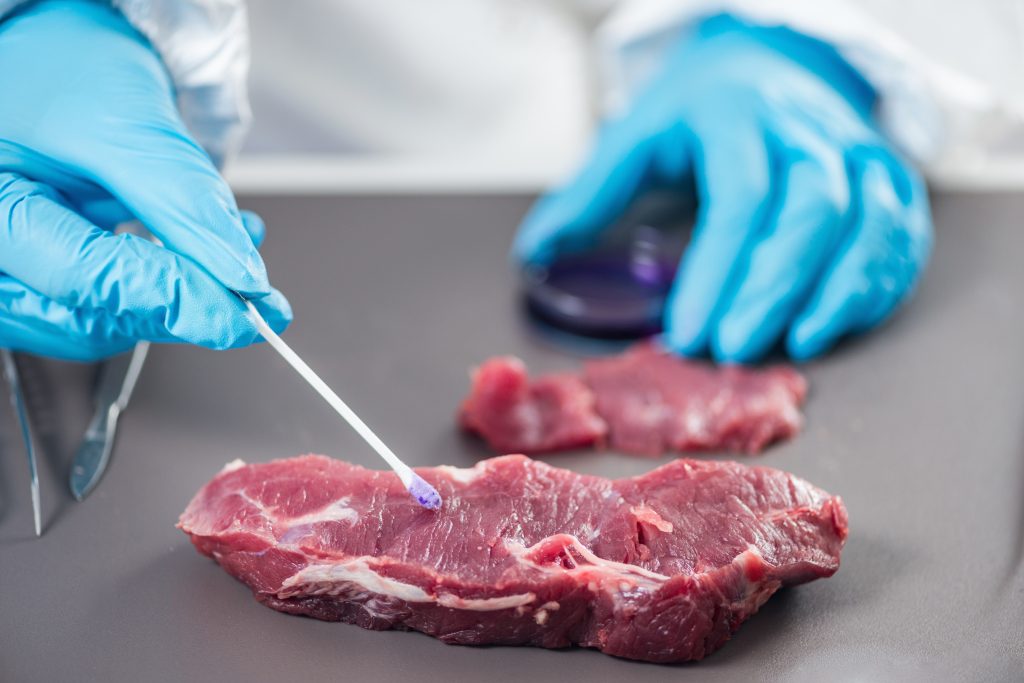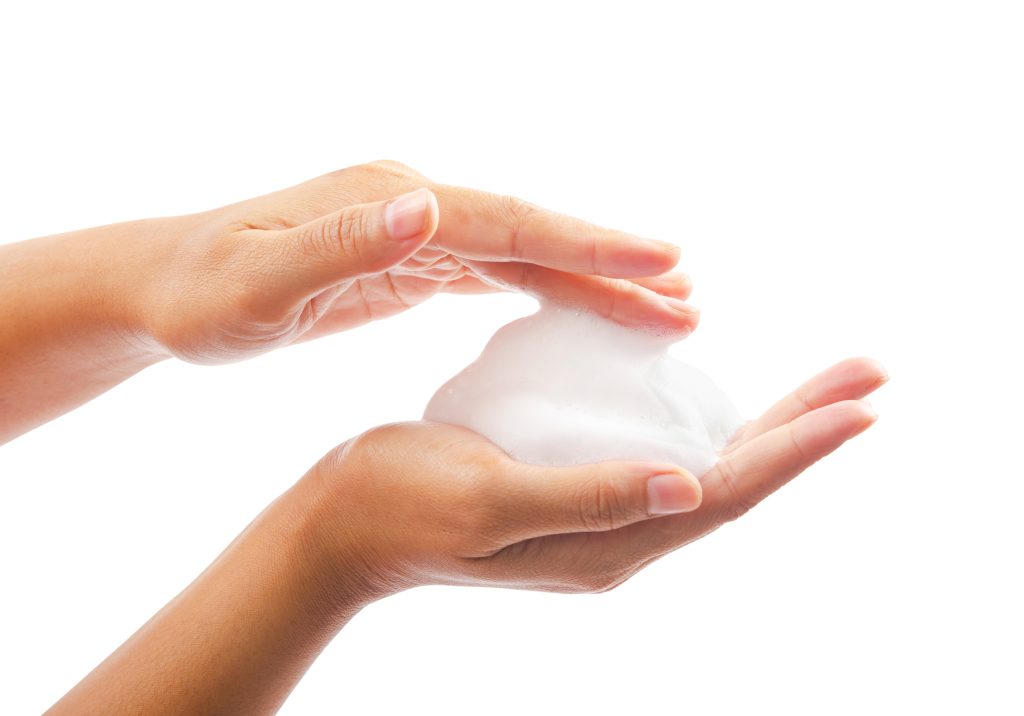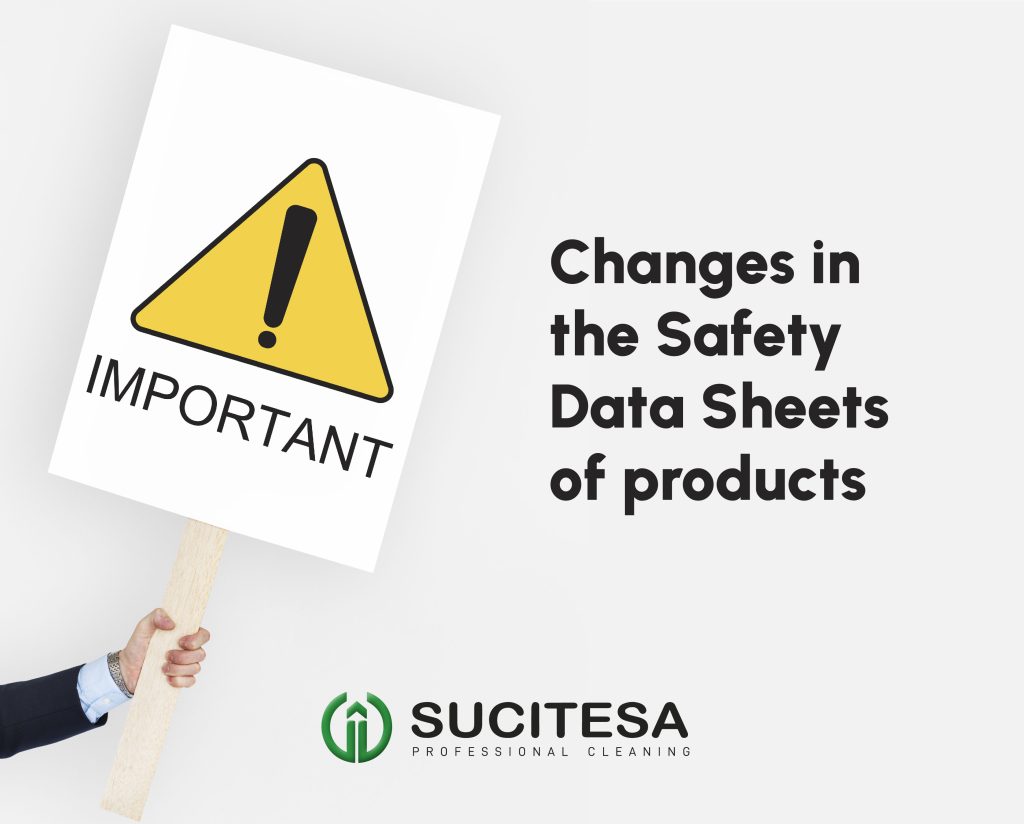On 13 May, the WHO issued an epidemiological alert after receiving notification of 1,243 confirmed cases of monkeypox in 23 EU countries where the disease does not usually occur. Since the cases have occurred in people who have not travelled to areas where the disease is endemic, it is considered an epidemic outbreak.
What is monkeypox
Monkeypox is a disease caused by a virus transmitted from animals to humans (zoonotic virus) that occurs mainly in central and western Africa near tropical rainforests.
The virus causing the disease is an enveloped virus belonging to the genus Orthopoxvirus of the family Poxviridae.
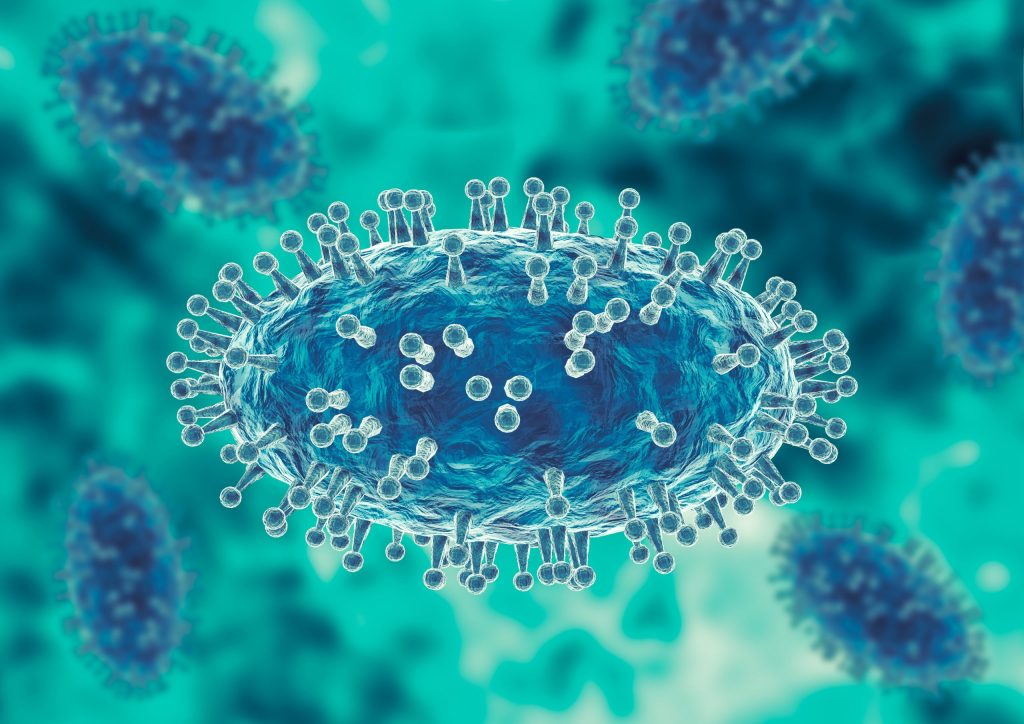
How the disease is transmitted
Transmission from animals to humans occurs through direct contact with blood, body fluids, skin lesions or mucous membranes of infected animals. Eating undercooked meat from infected animals is a possible risk factor.
Person-to-person transmission occurs through close contact with skin lesions, body fluids or contaminated objects used by infected persons, such as clothing, bedding, towels, glasses, cutlery, dishes, contaminated surfaces, etc.
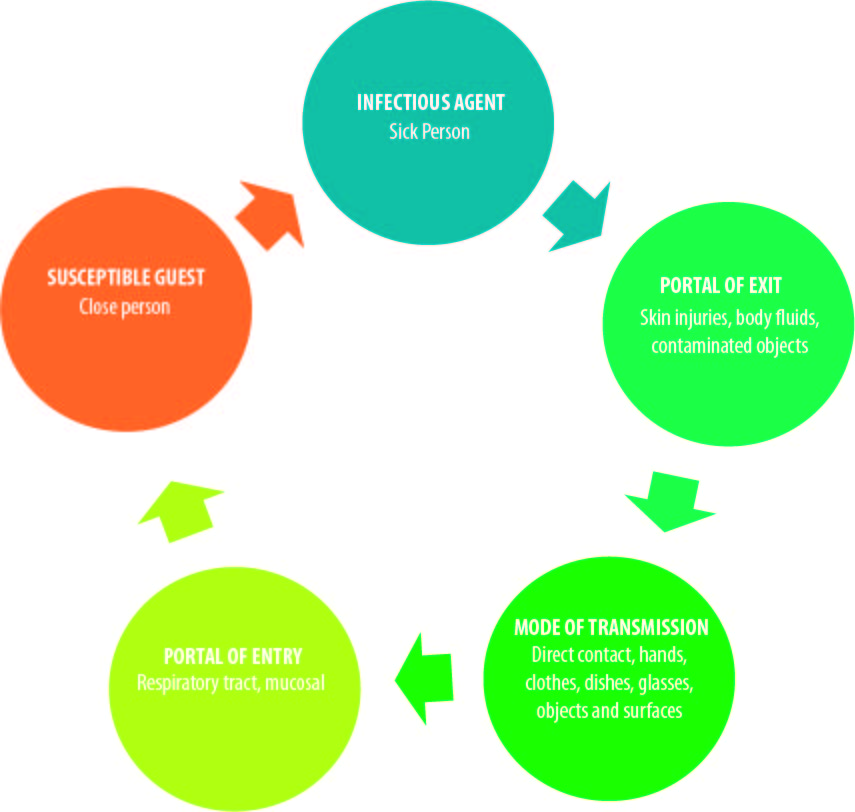
It is not possible to define exactly when the disease becomes contagious, but it is considered that the patient is contagious from the appearance of the first symptoms, the risk being highest when visible lesions appear on the skin.
How to prevent infection
The main method to avoid contagion is through proper hand washing, either with water and antiseptic soap or the regular use of a hydroalcoholic disinfectant.
We must implement strict protocols in the treatment of textiles and wash and disinfect clothes with a washing process that manages to break the chain of transmission. This process will require a suitable temperature and time together with the use of correctly dosed chemical products that guarantee the correct sanitisation of textiles.
Regarding the necessary washing programme, our R+D+i laboratory together with the Technical Department have developed a SAFE LAUNDRY PROGRAM 40 washing programme with maximum cleaning efficiency capable of eliminating microorganisms while respecting the colour and characteristics of the garments.

It is recommended to wash with dry foam and disinfect with steam those textiles that cannot be washed in the washing machine, such as carpets, rugs, etc.
Dishes, glasses and eating utensils should be washed at 50ºC in the automatic dishwasher with a chlorinated detergent such as our AQUAGEN PLUS DF and polished at 90ºC with a neutral polish such as our AQUAGEN SUPRA 45.
Finally, frequently clean and disinfect contaminated surfaces and objects such as tables, chairs, doorknobs, railings, switches, etc. with a disinfectant approved by the Ministry of Health capable of eliminating viruses with envelopes (Activity VIRUCIATED EN 1447).
https://www.sucitesa.com/en/tienda/?necesidad-filtro=disinfectants-for-the-food-industry-ha

